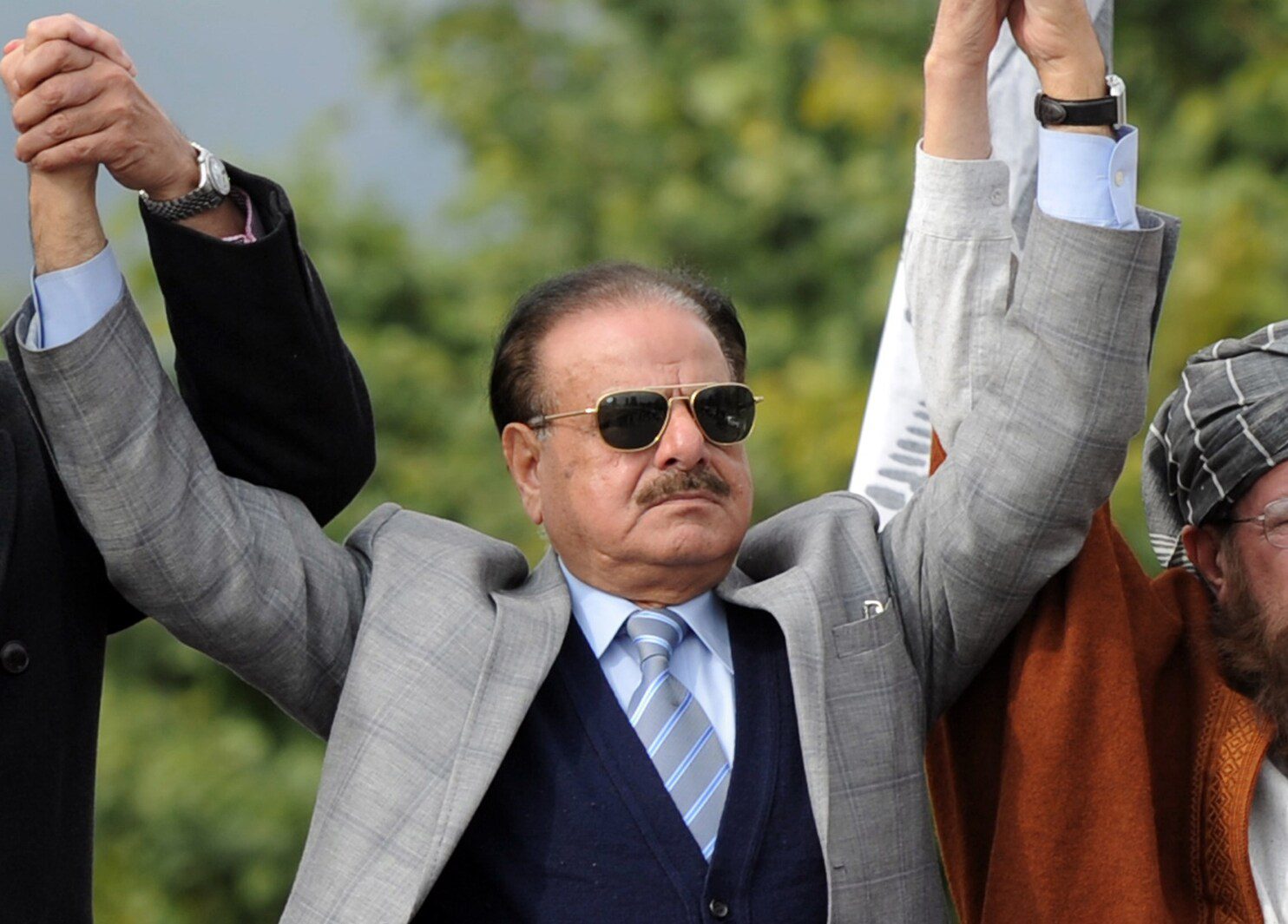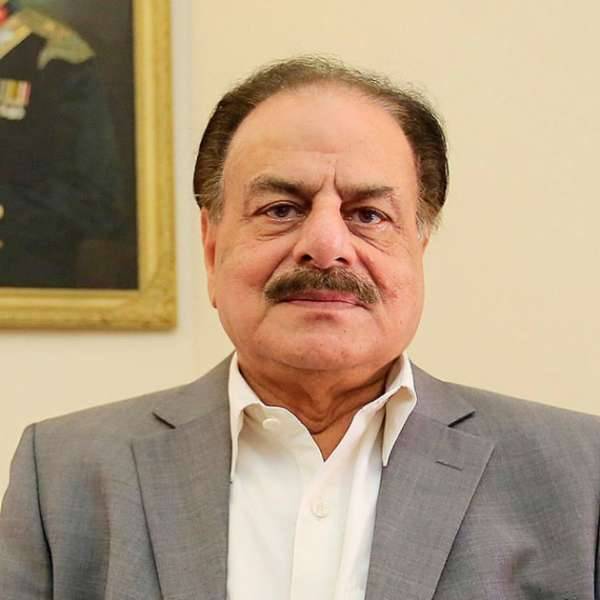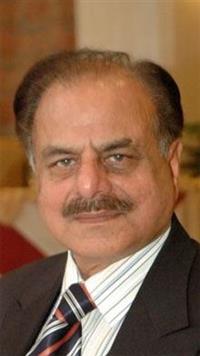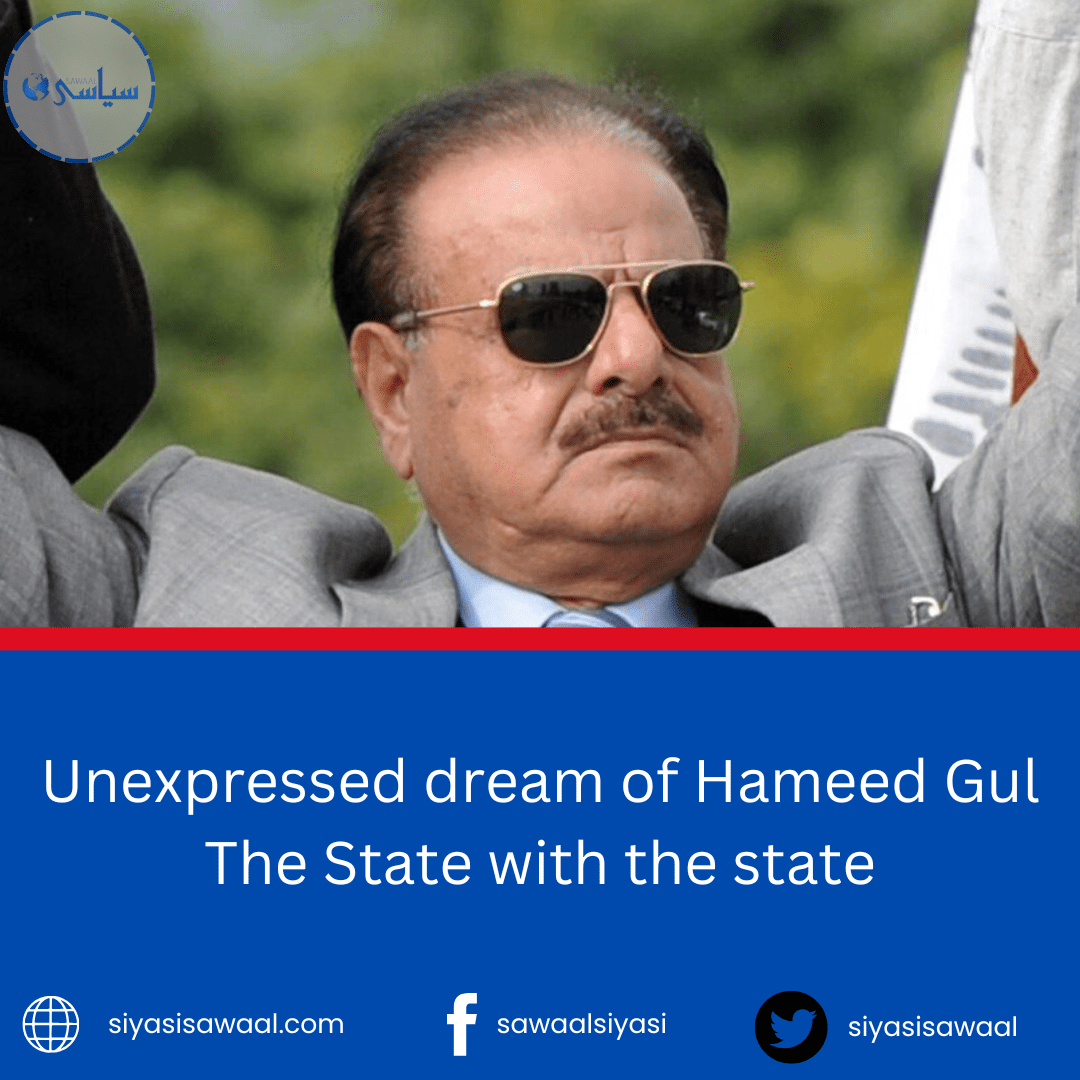Ambition and Treachery
State within the state was a unexpressed dream of Lieutenant General Hamid Gul, the one-time Director-General of the Inter-Services Intelligence of Pakistan, is probably one of the most controversial and complex figures in the political and military history of Pakistan. While many hail him as a strategic mastermind who played a great role in the defeat of the Soviet Union in Afghanistan, others view him as a man who was greedy of power runned on the path of betrayal.
His life story is not only a chronicle of military success but one of ambition, deceit, and the drawing up of an injurious text that was to shake the very core of the political landscape in Pakistan. From decorated military officer to self-proclaimed architect of Pakistan’s future reflects the lengths he was willing to go to achieve his vision of a state within the state. This ambition led him to collaborate in various efforts with different international powers like the CIA, Jewish interests, and built his political powers for his dream, like Pakistan Tehreek-e-Insaf (PTI).
Rise of a Military Strategist
Hamid Gul was born into a well-endowed Punjabi-Pathan family. He entered the Pakistan Army in 1956. Hamid Gul’s career graph shot upwards when General Zia-ul-Haq made him Director-General of the ISI in 1987. Afghan-Soviet War in which he played the main role, organizing and guiding the Afghan resistance with his interaction with the CIA. His stewardship then made him a well-respected man both by the West and the Islamist factions inside Afghanistan.

The success in the Afghan war became a coordination of military aid by Gul, along with active support to Afghan mujahideen groups and specially those following conservative Islamic ideologies. He had plans and dreams of having powerful forces and found the given situation as a window through which he could consolidate greater authority within the already formidable walls of Pakistan’s military-political complexes.
Dream of State Within the State
His dream of a state within the state was not only military influence but also political control wherein the military establishment would be running the nation behind the scenes. It wasn’t until the early 1990s that Gul’s political ambitions started to materialize in the open. He was becoming all the more vocal in support of conservative and Islamist groups, particularly those with ideological links to the Taliban.
Gul also supported Imran Khan’s Pakistan Tehreek-e-Insaf, seeing it as a potential vehicle to challenge the civilian politicians and disrupt Pakistan’s democratic processes. At the same time, he began placing his loyalists in key positions within the army and judiciary, thus building the foundation of his vision for a Pakistan led by military influence rather than democratic institutions. However, the road to power was not as smooth as Gul had perceived. His manipulations and pre-paid alliances not withstanded, the Pakistani government started suspecting his intentions.
The Betrayal of Pakistan and His Relations with the CIA
The cooperation between the CIA and Gul during the Soviet-Afghan War had been one of mutual interest, but with the change in the geopolitical dynamics, so did the loyalties of Gul change. Things started to change when he came to believe the U.S. no longer supported his goals. He considered it a betrayal when it seemed to him that U.S. had forgotten the region and left the fallouts of its Afghan war to be handled by Pakistan alone.
In other words, according to him, it had abandoned Pakistan at a crucial stage. That is when Gul changed sides and he started weaving a story in which the U.S. was a villain that frustrated his ambition of becoming a military strongman. Thus, the framing of the U.S. as the reason he did not get to be Army Chief of Pakistan became the linchpin of his anti-Western diatribe.

Thus, Gul created for himself an efficient narrative of victimhood, wherein his ability to lead Pakistan was being systematically sabotaged by the U.S., as indeed by the Pakistan government itself. The anti-American stance here would become a fairly crucial component of his political ideology and a force influencing his ties with the Pakistani military along with establishment ties of the PTI.
PTI and Pursuit of Power
Gul aimed at creating a new political force that could challenge the political stability. The PTI was formed to fight against corruption and mismanagement of the political class in the country, and it has acted as a vehicle to further what Gul has stated as an aspiration to have a rule of the military establishment in Pakistan.
With time, Gul’s influence increased in PTI and he started placing his loyalists in key positions in the party, army and even the judiciary. This was an astute strategic move for the preparation of his dream “state within the state” where the military would be the shot caller, not the civilian government. But Gul’s plans never materialized. He never saw his dream come true before his death.
He died without his ultimate dream being fulfilled “a state within the state”. But his memory continues to haunt and linger around, at least, the politicians of the country. The incessant rise of PTI backed by military-PTI nexus has contributed to such haunting.
Hamid Gul: A Traitor to Pakistan?
The legacy of Hamid Gul is somewhat paradoxical. On one hand, he was an astute military strategist who played a very important role in the Afghan resistance against Soviet forces. While the leadership during the 1980s brought him accolades and respect amongst the conservative circles of Pakistan, his subsequent acts in complicity with foreign powers, his envisioned military-led Pakistan, and manipulative political processes depict him as a traitor to the democratic ideals of Pakistan.
It is this dream of Gul that ultimately led him towards the path of betrayal. He juggled with both domestic and international politics, his personal ambition, left him behind as a source of much-maligned discord.

His efforts to undermine the democracy of Pakistan, promote Islamist ideologies, and establish a parallel military-state structure pitted him against the very principles of governance he had sworn to protect. His story of victimhood, especially against the U.S. and the Pakistani government, masked his actual intentions to become the most powerful figure of Pakistan.
While the ambition could not be taken away from Hamid Gul, the failure of his dreams to be accomplished after his death, Civilian power and ambition is in danger. He left Pakistan divided, deep in political turmoil whose impacts are likely to reverberate well into the country’s future.
